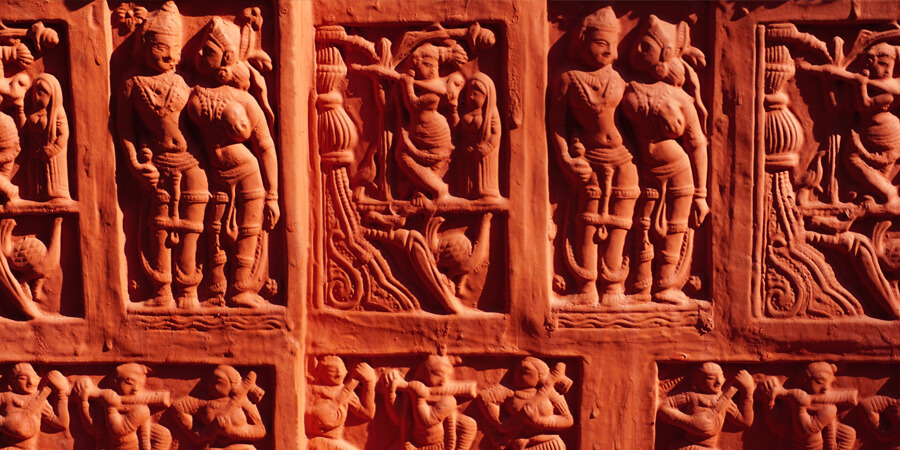
Course information
The Ancient History curriculum enables students to study life in early civilisations based on the analysis and interpretation of physical and written remains. The ancient period, as defined in this curriculum, extends from the development of early human communities to the end of late antiquity AD 650, with a particular focus on the ancient societies of Europe, the Near East and Asia.
Ancient History stimulates students’ curiosity and imagination and enriches their appreciation of humanity and the value of the ancient past. It shows how the world and its people have changed, as well as the significant legacies that exist into the present. The study of ancient civilisations illustrates the development of some of the distinctive features of contemporary societies for example social organisation, systems of law, governance and religion. Ancient History is also concerned with the possible motivations, and actions of individuals and groups, and how they shaped the political, social and cultural landscapes of the ancient world.
Post-school pathways
Do you enjoy or are you good at History? (pdf, 110kb)
Workload expectation
Three hours outside of class per week to complete homework and assignments.
Course pattern
Available as a Minor or Major.
Suggested Minor course
Semester | Unit |
|---|---|
1 | Unit 1: Investigating the Ancient World |
2 | Unit 2: Ancient Societies |
Suggested Major course
Semester | Unit |
|---|---|
1 | Unit 1: Investigating the Ancient World |
2 | Unit 2: Ancient Societies |
3 | Unit 3: People, Power and Authority |
4 | Unit 4: Reconstructing the Ancient World |
Unit descriptions
Unit 1: Investigating the Ancient World
This unit provides an introduction to the nature of the remaining evidence of the ancient past and issues relevant to the investigation of the ancient world. The unit involves an investigation of the evidence for an ancient site, individual, group or event and how it has been interpreted and represented.
Unit 2: Ancient Societies
This unit examines how people lived in the ancient world through an investigation of the remaining evidence. The unit focuses on the study of significant features of ancient societies, such as slavery, the family, and beliefs, rituals and funerary practices.
Unit 3: People, Power and Authority
This unit examines the nature and exercise of power and authority in ancient societies in key periods, with reference to the evidence of significant political, military, religious and economic features. The study of an individual as part of this unit enables study of the influence of the ‘individual’ on events and developments.
Unit 4: Reconstructing the Ancient World
This unit focuses on a significant historical period to develop an understanding of the relevant institutions, practises, key events and individuals of the period, in the context of a wide range of sources. This unit allows for greater study of the challenges associated with the interpretation and evaluation of evidence.
